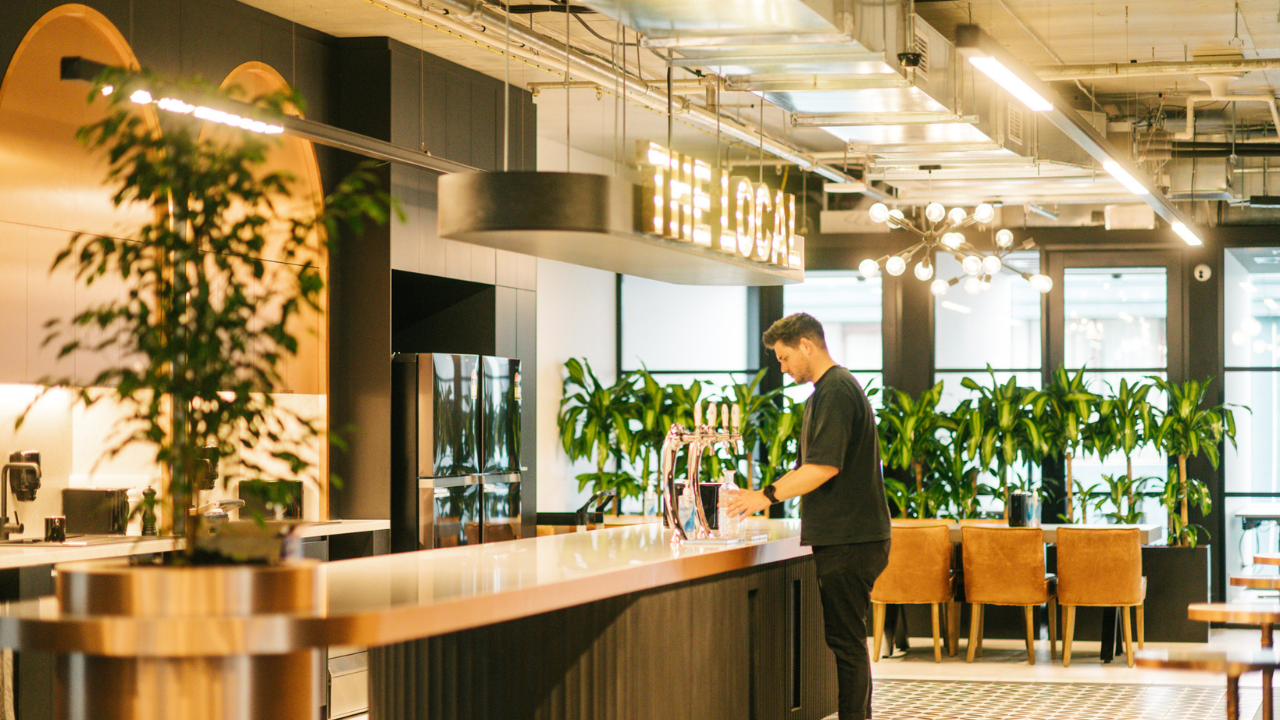Employees are resisting calls to return to the corporate HQ office, even in the face of layoffs and an uncertain economy. In my blog post today, I’m sharing what I’m hearing and seeing as I engage with so many different people, businesses owners and leaders.
My mother-in-law always said to me, “Tobi it’s all related” and she’s not wrong! Many companies are coming to us because their employees are winning the fight for remote work. Employees today see value in flexibility, and spaces like CreativeCubes.Co are emerging as a sought-after solution.
Similarly landlords are seeing larger companies downsizing and landlords are coming to us (and other operators at Flexible Work Spaces Australia) to help turn their redundant spaces into vibrant communities focused on commerce… a new lens and focus for asset owners.
The Power Struggle
During the pandemic, employees embraced remote work and are now reluctant to give it up. The flexibility to work from anywhere cloud tech is enabling a lot of this and has become a key factor in job satisfaction and work-life balance. Despite the job market becoming more employer-friendly, employees are standing their ground and demanding flexible work options. Even major companies have had to backtrack on their return-to-office mandates due to employee pushback.
The Value of Flexibility
Flexibility has become a top priority for employees. Remote work allows them to customise their work environment, avoid long commutes, and better manage personal obligations. It gives them the freedom to work during their most productive hours and achieve a better work-life integration. The ability to adapt their work schedule to accommodate personal needs is highly valued, contributing to higher job satisfaction and overall happiness.
The Rise of Coworking Spaces
I remember opening our South Melbourne location, 4,000m2 our biggest in Melbourne at the time and 32 days after opening we went into our first lockdown. I remember thinking as each lockdown happened that while this absolutely sucks (lockdowns) there will be a silver lining in all of this. No one is going to want to go back to what was when what is can be tweaked to make life better!
Post pandemic employees continue to seek and keep flexibility. Coworking spaces have emerged as a viable alternative to traditional office environments and companies that would never have looked at flexible office / coworking before are doing so to keep in line with the changed world.
Coworking spaces provide a flexible and collaborative setting where individuals from different companies and industries can work side by side. They offer lots of amenities and it’s a highly productive, engaging and uplifting work atmosphere.
These spaces allow employees to maintain the benefits of remote work, such as flexibility and autonomy, while providing an opportunity for social interaction and networking. They offer a balance between the isolation of working from home and the rigid structure of a traditional office. By working from coworking spaces, employees can enjoy the benefits of a professional workspace without being tied to a specific location.
The Future Outlook
Finding a middle ground between employers and employees remains challenging. While employers see in-person activity as crucial for future opportunities, employees prioritise flexibility and the benefits that coworking spaces offer. The demand for flexible work options and coworking spaces is likely to continue growing, in fact JLL sees the sub 3% that flex takes up in the commercial real estate sector growing to as much as 30% over the next decade which (to my mother-in-law point) relates as employees seek a better work-life balance and a sense of community in their professional lives reshaping the future of work.
As the power struggle continues, finding a balance between employer expectations and employee preferences, including the option to work in coworking spaces, will be crucial for creating a productive and satisfying work environment.




